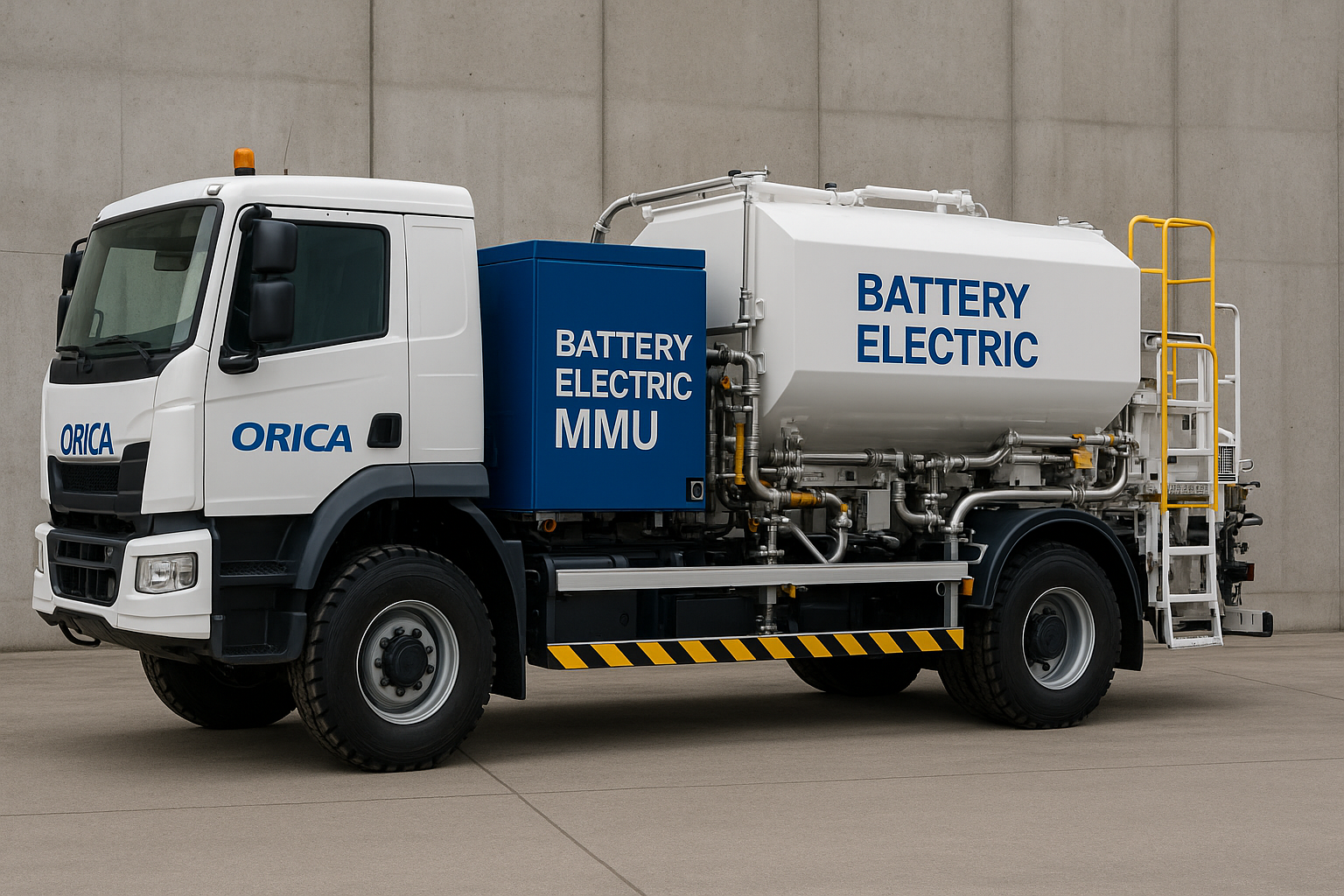Global mining and blasting solutions leader Orica is taking a significant leap forward in sustainable mining by applying a whole-systems engineering approach to the development of its battery-electric Mobile Manufacturing Units (MMUs). This initiative is poised to transform the delivery of blasting services in underground mining, aligning with the industry’s accelerating drive toward decarbonization and automation.

Moving Beyond Incremental Innovation
Traditionally, advancements in mining equipment have focused on individual components or subsystems. However, Orica’s commitment to a whole-systems engineering philosophy ensures that every element—from power systems to mechanical architecture, software integration, operational safety, and environmental impact—is considered in unison.
According to Orica, this holistic approach enables the seamless integration of battery-electric propulsion with critical MMU functions, such as on-site emulsion manufacturing and delivery, without compromising safety, productivity, or performance.
What Are Battery-Electric MMUs?
Mobile Manufacturing Units (MMUs) are specialized vehicles used in the mining sector to produce and deliver explosives directly at the blast site. By making these units battery-electric, Orica is reducing the carbon footprint of blasting operations, improving air quality in underground environments, and decreasing reliance on diesel fuel.
The battery-electric MMU concept is especially valuable for underground mining operations, where ventilation and diesel emissions are major challenges. Orica’s solution eliminates diesel engine exhaust, improving both environmental conditions and worker safety.
Systems Thinking in Action
The whole-systems engineering approach involves close collaboration across multiple disciplines: mechanical, electrical, chemical, and software engineering. Orica’s engineers and designers are reportedly working with stakeholders across the mining value chain—including mining operators, automation partners, and battery technology experts—to ensure the MMUs are optimized for real-world conditions.
This strategy includes:
-
Battery System Optimization: Ensuring batteries are appropriately sized and cooled for long-duration underground use.
-
Autonomous Compatibility: Designing the MMUs for future integration with autonomous haulage and charging infrastructure.
-
Energy Management: Coordinating battery usage with emulsion production to maintain energy efficiency.
-
Lifecycle Design: Engineering for maintenance, repairability, and recycling to support long-term sustainability.
Aligning with ESG Goals
Orica’s innovation reflects a broader commitment to environmental, social, and governance (ESG) principles. As mining companies seek to meet increasingly stringent emissions targets, solutions like battery-electric MMUs offer a path to cleaner, safer, and more efficient operations.
The whole-systems approach also enhances safety by removing flammable fuels from underground environments and enabling more predictable and automated workflows.

